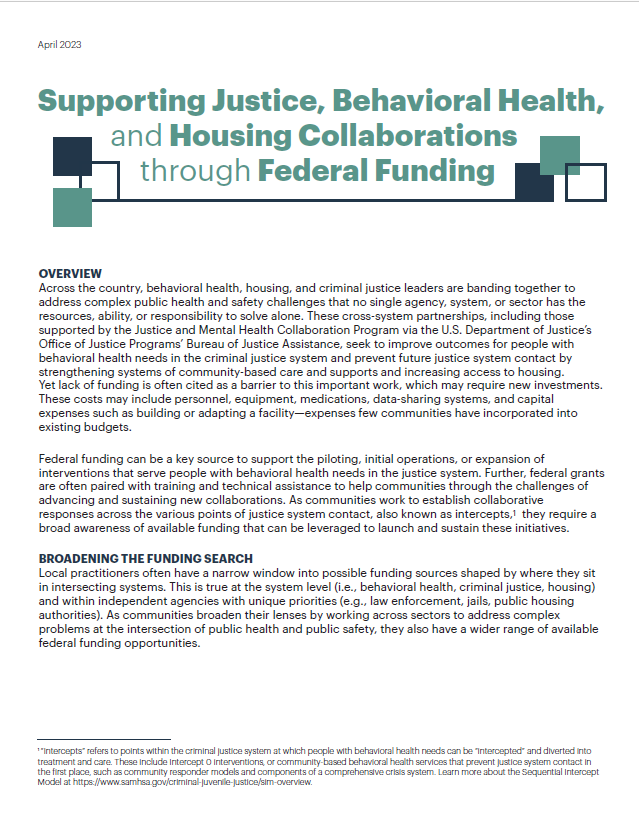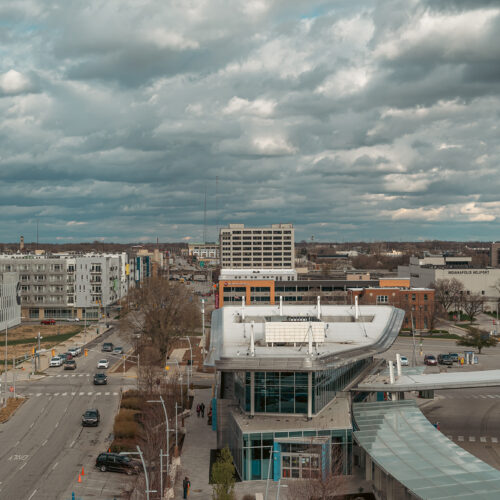Supporting Justice, Behavioral Health, and Housing Collaborations through Federal Funding
Supporting Justice, Behavioral Health, and Housing Collaborations through Federal Funding
Federal funding can be a key source to support the piloting, initial operations, or expansion of interventions that serve people with behavioral health needs in the justice system. These grants are also often paired with training and assistance to help communities through the challenges of advancing and sustaining new collaborations. This brief presents a range of available federal funding opportunities that focus on criminal justice, behavioral health, and housing. Photo credit: Photo by airfocus on Unsplash
Supporting Justice, Behavioral Health, and Housing Collaborations through Federal Funding
OVERVIEW
Across the country, behavioral health, housing, and criminal justice leaders are banding together to address complex public health and safety challenges that no single agency, system, or sector has the resources, ability, or responsibility to solve alone. These cross-system partnerships, including those supported by the Justice and Mental Health Collaboration Program via the U.S. Department of Justice’s Office of Justice Programs’ Bureau of Justice Assistance, seek to improve outcomes for people with behavioral health needs in the criminal justice system and prevent future justice system contact by strengthening systems of community-based care and supports and increasing access to housing. Yet lack of funding is often cited as a barrier to this important work, which may require new investments. These costs may include personnel, equipment, medications, data-sharing systems, and capital expenses such as building or adapting a facility—expenses few communities have incorporated into existing budgets.
Federal funding can be a key source to support the piloting, initial operations, or expansion of interventions that serve people with behavioral health needs in the justice system. Further, federal grants are often paired with training and technical assistance to help communities through the challenges of advancing and sustaining new collaborations. As communities work to establish collaborative responses across the various points of justice system contact, also known as intercepts,1 they require a broad awareness of available funding that can be leveraged to launch and sustain these initiatives.
BROADENING THE FUNDING SEARCH
Local practitioners often have a narrow window into possible funding sources shaped by where they sit in intersecting systems. This is true at the system level (i.e., behavioral health, criminal justice, housing) and within independent agencies with unique priorities (e.g., law enforcement, jails, public housing authorities). As communities broaden their lenses by working across sectors to address complex problems at the intersection of public health and public safety, they also have a wider range of available federal funding opportunities.
Increased awareness of funding options can not only help bridge financial gaps but can also enable or promote new partnerships and advance equity of voice. Some federal programs require or encourage collaboration among partners that have yet to come together or community engagement strategies to advance equity. Bringing in new and relevant perspectives, including those of people with lived experience in these systems, can enhance a program’s design and implementation and set it up for long-term sustainability. The following federal opportunities can be leveraged to launch, sustain, or scale a variety of interventions and initiatives to reduce justice system contact for people with behavioral health needs.
ADDITIONAL RESOURCES:
■ Financially Sustaining Behavioral Health-Criminal Justice Programs: This brief outlines key strategies and tips to design justice and behavioral health collaborations for longevity.
■ Financing the Future of Local Initiatives: This set of tools includes an extensive, searchable federal funding database that complements the core list provided on the following page. It also features a guide for centering equity in financial sustainability planning, which highlights strategies for purposeful engagement of community members.
Federal Funding Opportunities
Acronyms Key:
BJA: U.S. Department of Justice’s Office of Justice Programs’ Bureau of Justice Assistance
CBO: Community-based organization
CDC: Centers for Disease Control and Prevention
HRSA: Health Resources and Services Administration
HUD: United States Department of Housing and Urban Development
LSC: Legal Services Corporation
ONDCP: Executive Office of the President’s Office of National Drug Control Policy
SAMHSA: U.S. Department of Health and Human Services’ Substance Abuse and Mental Health Services Administration
| Name | Agency | Overview | Focus | Eligibility | Common Uses |
| Adult Drug Court Discretionary Grant Program | BJA | Grant program supporting efforts to plan, implement, and enhance adult drug courts that integrate evidence-based substance use treatment, mandatory drug testing, incentives and sanctions, and transitional services |

|
State Tribal County |
■ Case management and coordination ■ Judicial supervision ■ Sanctions and incentives services ■ Substance use treatment and testing ■ Transitional housing services ■ Housing placement services |
| Certified Community Behavioral Health Clinics (CCBHC) | SAMHSA | Multiple grant programs supporting the advancement of the Certified Community Behavioral Health Clinic (CCBHC) model, which is designed to ensure access to comprehensive and coordinated behavioral health care, including 24/7 crisis services, regardless of ability to pay |
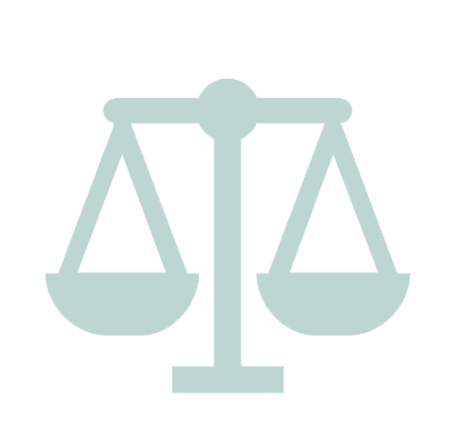
|
Tribal County City CBO/Other2 |
■ Cross-system planning, development, and implementation of new CCBHC programs ■ Crisis services, including mobile crisis and crisis stabilization services ■ Mental illness and substance use disorder screening and assessment ■ Treatment planning ■ Outpatient mental health and substance use services ■ Case management ■ Peer support services |
| Comprehensive Opioid, Stimulant, and Substance Abuse Program (COAP/ COSSAP) | BJA | Site-based grants supporting systemwide collaborative initiatives and effective approaches to respond to substance use, reduce overdose deaths, and support access to prevention, harm reduction, treatment, and recovery services in the community and in the justice system |

|
State Tribal County City |
■ Cross-system planning and coordination ■ Education and prevention programs ■ Prescription drug take-back programs ■ Planning and responding to overdoses and emerging drug trends ■ Diversion, deflection, and alternatives to incarceration ■ Housing placement services ■ Treatment, recovery, and reentry support services ■ Transitional and peer recovery support programs ■ Harm reduction programs |
| Community Facilities Direct Loan & Grant Program | USDA | Funding to build or develop facilities that provide essential services to local communities, primarily in rural areas | 
|
Tribal Territories County City CBO/Other |
■ Capital expenses including the purchase, construction, and improvement of essential community facilities, such as jails, police stations, health clinics, local food systems, and transitional housing ■ Equipment and other expenses related to capital projects for essential community facilities |
| Continuum of Care (CoC) Program | HUD | Competitive grant providing funds focused on quickly rehousing people and families experiencing homelessness, promoting access to mainstream programs for individuals who are unhoused, and increasing self-sufficiency among people experiencing homelessness by administering homelessness services, including rental assistance, supportive services, screening and assessment, and Homeless Management Information Systems |

|
State City CBO/Other |
■ Permanent supportive housing ■ Supportive services for people experiencing homelessness or in permanent supportive housing ■ Coordinated Entry³ administration ■ Coordinated Entry screening ■ Cross-system training and education ■ Rental assistance |
| Drug Free Communities Support Program and related ONDCP Funding | ONDCP | Competitive grant program supporting local cross-sector coalitions implementing community-led efforts to prevent and reduce youth substance use and substance use disorders | 
|
Territories County City CBO/Other |
■ Cross-sector / system collaboration ■ Strategies to increase access to substance use services (e.g., court-mandated services, assessment, and referral) ■ Culturally responsive education and training ■ Awareness campaigns and outreach |
| Economic Impact Initiative Grants | USDA | Grants assisting in the development of community facilities in rural areas with high unemployment and severe economic depression | 
|
Tribal Territories County City CBO/Other |
■ Capital expenses including the construction, enlargement, and improvement of community facilities for health care, public safety, and public service, which includes jails, prisons, courthouses, and transitional housing |
| Grants for the Benefit of Homeless Individuals (GBHI) | SAMHSA | Competitive grant to help communities provide treatment and recovery services for people experiencing homelessness who have substance use disorders or co-occurring mental illnesses | 
|
Tribal CBO/Other |
■ Substance use and co-occurring mental illness treatment and recovery services ■ Connections to supportive housing resources ■ Enrollment in benefits programs |
| Healthy Transitions: Improving Life Trajectories for Youth and Young Adults with Serious Mental Disorders Program | SAMHSA | Competitive grant that supports programs increasing access to treatment and supportive services for people with serious emotional disturbances or serious mental illnesses aged 16-25 |

|
State Tribal Territories |
■ Information management system adoption or expansion ■ Collaboration with interagency teams or other federal grant projects ■ Youth programs ■ Family programs |
| Justice and Mental Health Collaboration Program Grant (JMHCP) | BJA | Grants supporting innovative crosssystem collaboration between criminal justice and mental health systems to respond to individuals with mental illnesses or co-occurring mental illnesses and substance use disorders who come into contact with the justice system | 
|
State Tribal Territories County City |
■ Treatment and social services for people with mental illnesses or co-occurring mental illnesses and substance use disorders ■ Mental health courts ■ Crisis response program training ■Law enforcement and behavioral health collaborations, including co-responder models |
| Offender Reentry Program (ORP) | SAMHSA | Grants supporting the expansion of substance use disorder treatment and related reentry services to adults reentering the community from prison or jail | 
|
State Tribal Territories County City CBO/Other |
■ Substance use screening and assessment ■ Substance use treatment and services ■ Case management ■ Substance use testing ■ Wraparound services ■ Peer support ■ Recovery support services |
| Opioid Rapid Response Program (ORRP) | CDC | Technical assistance and grants supporting state and local responses to mitigate spikes in opioid overdoses by ensuring continuity of care when a clinic prescribing opioid therapy closes | 
|
State Tribal Territories County City |
■ Technical assistance and training to prepare for disruptions in prescription opioid or medication-assisted treatment (MAT) supply ■ Law enforcement and clinician training ■ Cross-systems coordination ■ Harm reduction |
| Projects for Assistance in Transition from Homelessness (PATH) | SAMHSA | Formula funding to states and territories supporting services for people with serious mental illnesses experiencing homelessness, with funds awarded on a competitive basis to local public or nonprofit organizations, known as PATH providers | 
|
State Tribal Territories County City CBO/Other |
■ Outreach ■ Screening and diagnostic treatment ■ Habilitation and rehabilitation ■ Community-based mental health treatment ■ Substance use disorders treatment ■ Referrals for primary health care, job training, educational services, and housing ■ Housing services as specified in Section 522(b (10) of the Public Health Service Act |
| Rural Health Planning Network Grant | HRSA | Grants supporting cross-sector partnerships to strengthen rural health systems, including behavioral health services, by expanding access, coordination, and quality of care | 
|
State Tribal Territories County City CBO/Other |
■ Planning and implementation of integrated care ■ Crisis services ■ Systems of care for people with complex needs who cycle through health, criminal justice, and homelessness systems—also known as “familiar faces” populations ■ Permanent supportive housing |
| Technology Initiative Grants (TIG) | LSC | Competitive grants supporting technology enhancements that improve legal services delivery for low-income people and increase access to legal assistance and court information |

|
State Tribal Territories County City CBO/Other 4 |
■ Technology enhancements to improve access to legal services for under-resourced populations ■ Technology tools to increase accessibility to legal services for housing discrimination ■ Technology tools to increase accessibility of legal services to address collateral consequences of justice system involvement |
| Treatment for Individuals Experiencing Homelessness (TIEH) | SAMHSA | Competitive grant to increase services for people experiencing homelessness, serious mental illness, and co-occurring disorders, including access to evidence-based treatment services, peer support, recovery services, and connections to permanent housing | 
|
State Tribal Territories County City CBO/Other |
■ Mental illness and substance use disorder treatment and recovery services ■ Enrollment in benefit programs ■ Permanent housing coordination services |
Key Sustainability Tips
■ Plan for sustainability from the start.
Build a sustainability plan into grant applications and initial program design. This may include convening a sustainability committee consisting of stakeholders invested in the long-term financial health of the initiative. The group provides strategic oversight of the initiative budget and drives efforts to secure future funding. Involving impacted populations in initiative planning and sustainability helps ensure that the work is truly addressing community needs.
■ Demonstrate impact.
To obtain additional grant funding and effectively advocate for the use of tax dollars, communities need to be able to demonstrate that the initiative is making a difference. To do this, it is imperative to identify discrete efforts that show the initiative’s effectiveness both quantitatively and qualitatively. Track these key metrics and stories from program inception if possible.
■ Partner broadly.
Partnerships can help leverage additional funding sources to fill gaps and expand an initiative’s impact. Broad partnerships ensure more stakeholders are invested in the program’s success.
- State partnerships can
- Prevent duplication of efforts;
- Help leverage state funding streams to sustain and expand existing
- justice, behavioral health, and housing collaborations;
- Raise the visibility of the program and bring what is working to scale at the state level; and
- Direct formula funding⁵ to where it is most needed. Local agencies may partner with
- state and local administering agencies to apply funding toward justice, behavioral health,
- and housing partnerships. Below is a list of key formula funding sources:
- Private partnerships can
- Seed innovation with initial investments;
- Provide flexible funding to fill gaps in public streams; and
- Increase and diversify buy-in to include private partners with a vested interest in the program’s success.
Endnotes
1 “Intercepts” refers to points within the criminal justice system at which people with behavioral health needs can be “intercepted” and diverted into treatment and care. These include Intercept 0 interventions, or community-based behavioral health services that prevent justice system contact in the first place, such as community responder models and components of a comprehensive crisis system. Learn more about the Sequential Intercept Model at https://www.samhsa.gov/criminal-juvenile-justice/sim-overview.
2 States can support CCBHCs through the CCBHC Medicaid Demonstration program or other independent state programs.
3 HUD requires that CoCs maintain a Coordinated Entry system, a community-wide infrastructure that governs access to all homeless assistance resources under the CoC’s jurisdiction.
4 Lead applicant must be a current recipient of LSC Basic Field Grant.
5 Formula funding sources—also referred to as block grants or pass-through grants—are noncompetitive federal grant dollars mandated by the U.S. Congress. Each state or local jurisdiction receiving formula funding designates an administering agency that submits an annual application to demonstrate statutory and regulatory compliance in order to receive the formula-based funding. Annual applications often require some level of strategic plan or programmatic goal-setting aligned with the funding source’s stated priorities.
Project Credits
Writing: Katie Holihen and Joey Hayashi, CSG Justice Center
Research: Joey Hayashi, Stephanie Shaw, Thomas Coyne, and Sheila Tillman, CSG Justice Center
Advising: Hallie Fader-Towe and Charles Francis, CSG Justice Center
Editing: Katy Albis, CSG Justice Center
Design: Justin Crawford, CSG Justice Center
Public Affairs: Aisha Jamil, CSG Justice Center
Web Development: Catherine Allary, CSG Justice Center
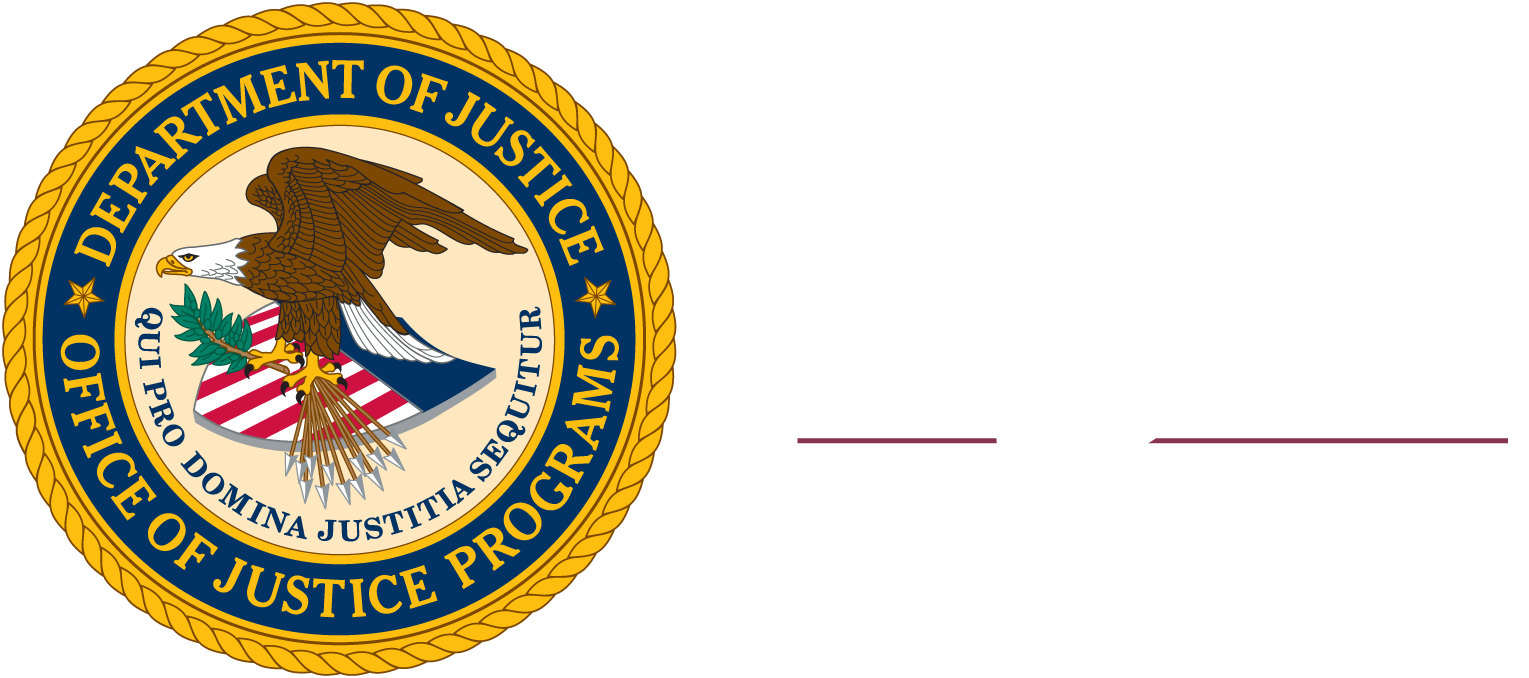
This project was supported by Grant No. 2019-MO-BX-K002 awarded by the Bureau of Justice Assistance. The Bureau of Justice Assistance is a component of the Department of Justice’s Office of Justice Programs, which also includes the Bureau of Justice Statistics, the National Institute of Justice, the Office of Juvenile Justice and Delinquency Prevention, the Office for Victims of Crime, and the SMART Office. Points of view or opinions in this document are those of the author and do not necessarily represent the official position or policies of the U.S. Department of Justice.
About the author

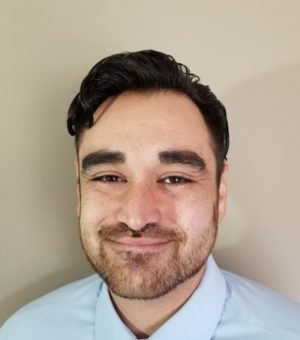
********This application deadline has passed******** With support from the U.S. Department of Justice’s Office of…
Read MoreUnlike drug courts, which have been informed by national standards for 10 years, mental health courts (MHCs)…
Read More Building a Better Mental Health Court: New Hampshire Judicial Branch Establishes State Guidelines
Read More
Building a Better Mental Health Court: New Hampshire Judicial Branch Establishes State Guidelines
Read More
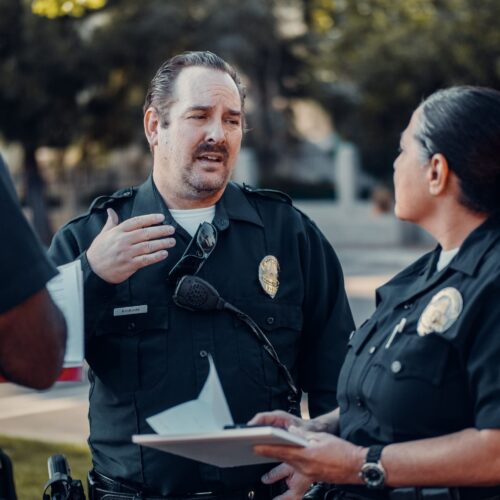 Apply Now to Join a Community of Practice on Police-Mental Health Collaboration Staff Wellness
Apply Now to Join a Community of Practice on Police-Mental Health Collaboration Staff Wellness
With support from the U.S. Department of Justice’s Office of Justice Programs’…
Read More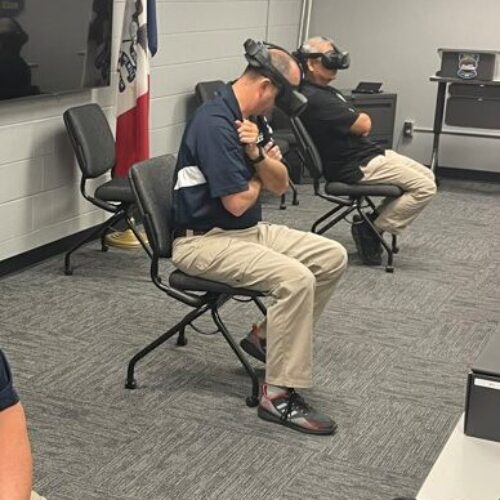 Empathetic Policing: Mason City Police Department Launches Virtual Reality Training Program to Help Officers Better Understand Behavioral Health Crises
Read More
Empathetic Policing: Mason City Police Department Launches Virtual Reality Training Program to Help Officers Better Understand Behavioral Health Crises
Read More
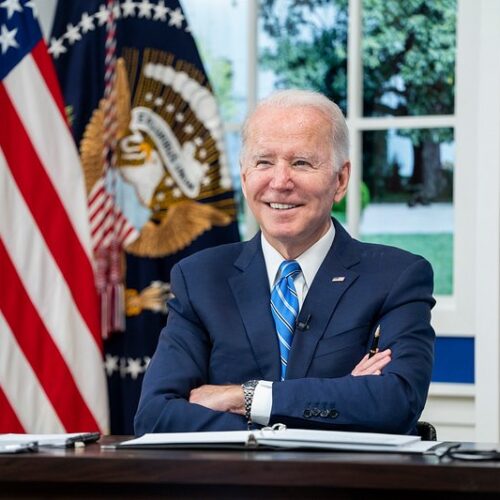 Biden Signs Six-Bill Spending Package Funding Key Criminal Justice Programs
Biden Signs Six-Bill Spending Package Funding Key Criminal Justice Programs
On March 9, 2024, President Joe Biden signed a $460 billion spending…
Read More










